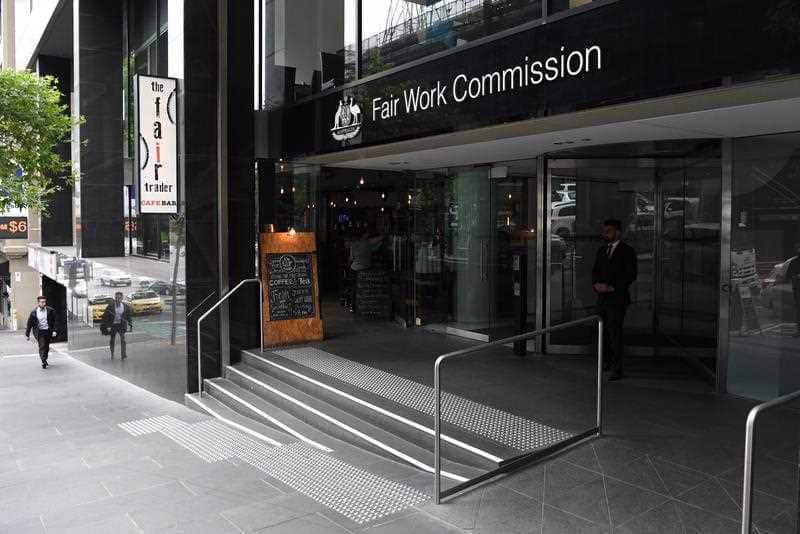Juliet Buenaobra was working for two years as a private nanny for an Iraqi diplomat in Sydney before she gathered the strength to question and eventually file a complaint against her abusive employer.
On August 3, a decision has been handed down by The Fair Work Commission in regards to the unfair dismissal of the Filipina domestic worker by her employer, Anwar Alesi.
Ms Alesi has been ordered to pay the maximum allowable compensation to a Filipina domestic worker despite her bid to claim consular immunity.
The Fair Work Commission described Anwar Alesi's treatment of her private nanny "morally repugnant" after it found the diplomat had significantly underpaid the domestic worker, failed to give her a room of her own, did not provide workers compensation or medical insurance and routinely made her work a six-day week.

“She was underpaid and had things deducted from her wages for things that she did not get like medical insurance and deductions for incidentals that amounted to $250 a month and she did not know what it was,” Mr Nikolai Hadad, her lawyer from Legal Aid NSW told SBS Filipino.
Ms Buenaobra was dismissed by Ms Alesi in November 2017, after the domestic servant confronted her employer with demands to meet her contractual and employment rights.
The Iraqi diplomat unsuccessfully defended the unfair dismissal on diplomatic immunity grounds, and then sought to keep the case a secret because of concerns about the "very delicate" relationship between the Iraqi and the Australian governments.
Like millions of Filipinos leaving the country to work overseas as domestic workers, Ms Buenaobra chose to leave her family for a chance of a better future for them.
She felt very emotional as she narrated her story. She said she expected a higher salary rate when she came to Australia, but she ended up not making enough to support her family.
“It was very difficult for me. Every year, I would come home to my family and I couldn’t even treat them out because I don’t have enough money,” she said, bursting into tears.
Ms Buenaobra knew she was underpaid and had raised the issue with her employer during the first three months of her employment but she was afraid to come forward and ask for help. She said she needed the job so she could support her family.
It all came to a head when she went to the Department of Foreign Affairs and Trade (DFAT). The department gave her a checklist that talked about the rights of domestic workers.
“In Ms Buenaobra’s case, she raised reasonable request about her pay and [her] employer swiftly cancelled her visa. She had nothing to lose, but to take them to court at this stage,” Mr Haddad said.
Ms Buenaobra has returned back home to the Philippines and has since been trying to recover form her traumatic experience.
ALSO READ






